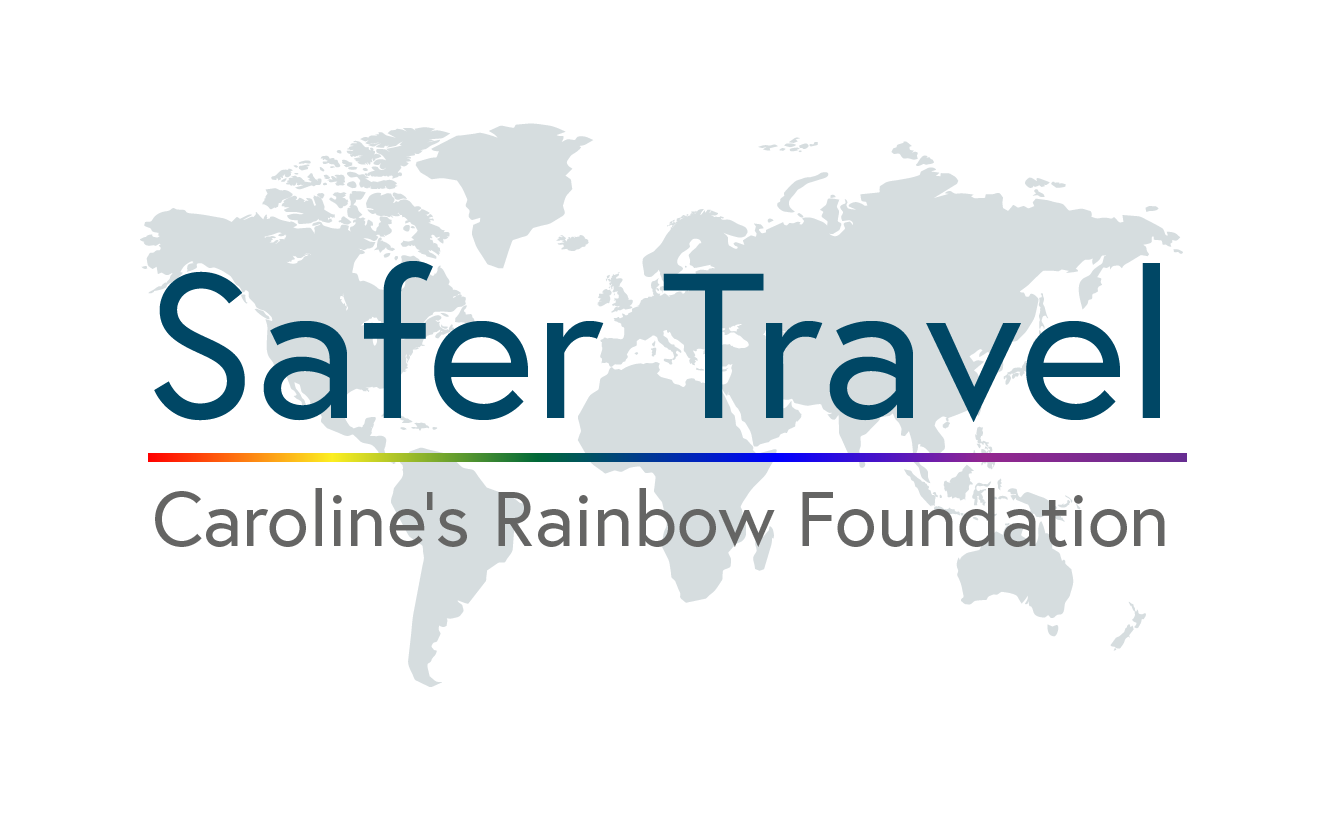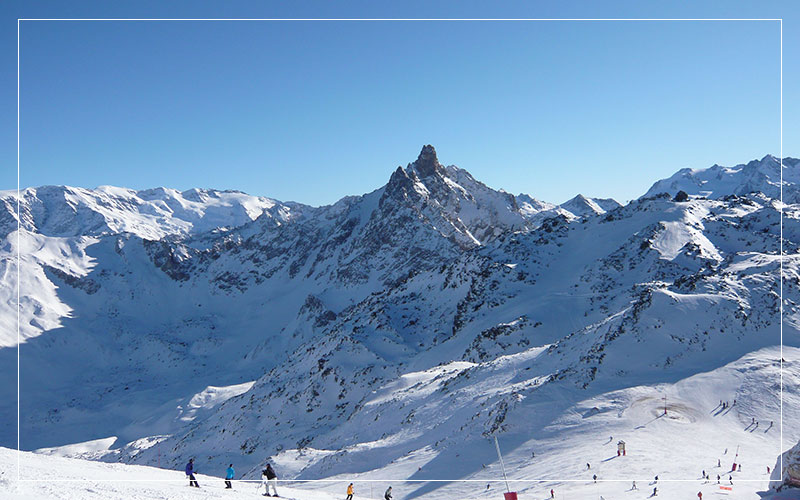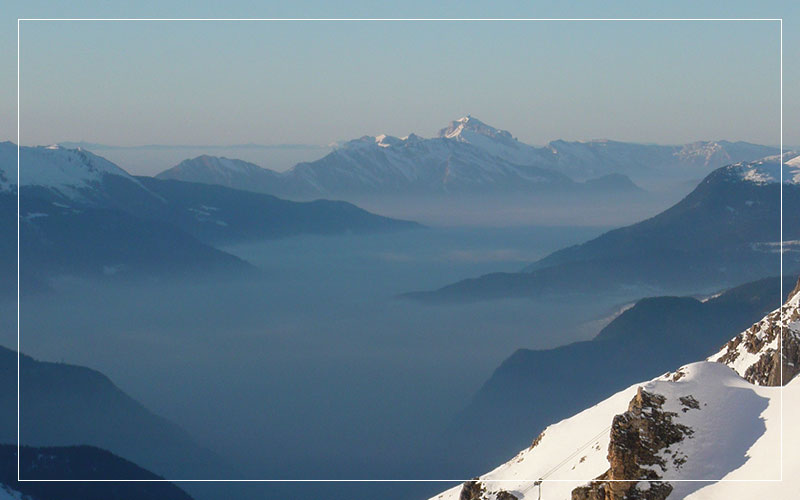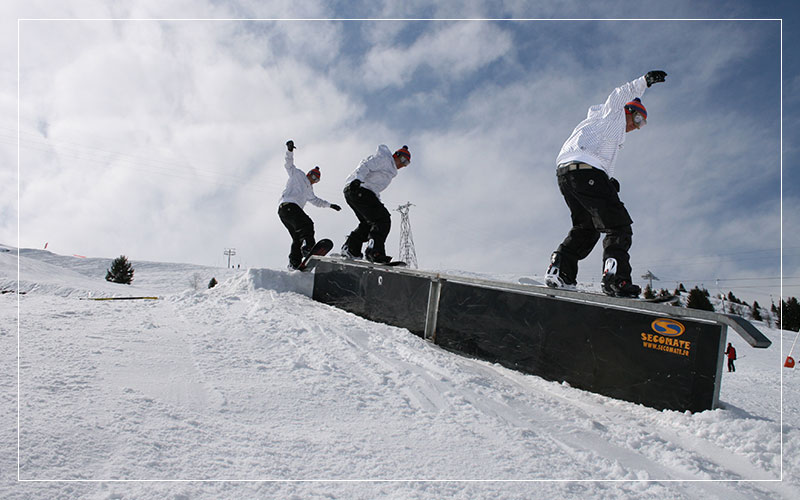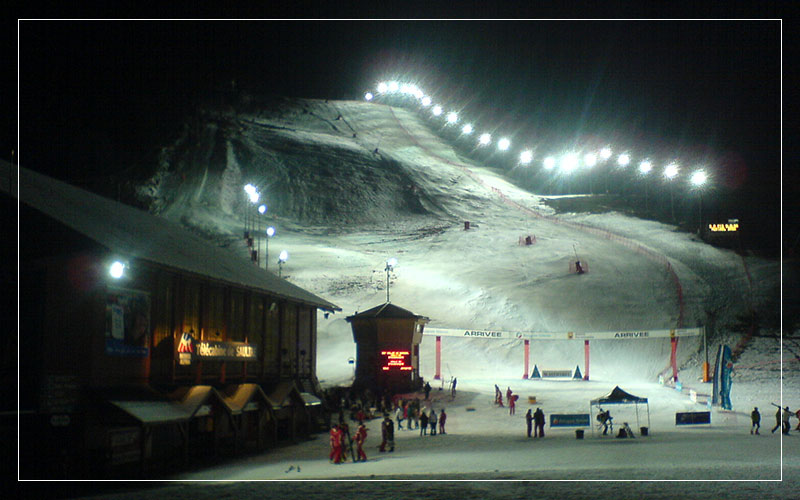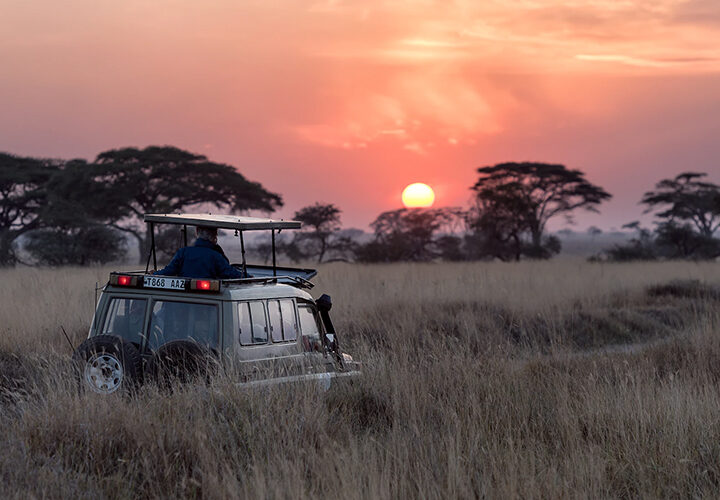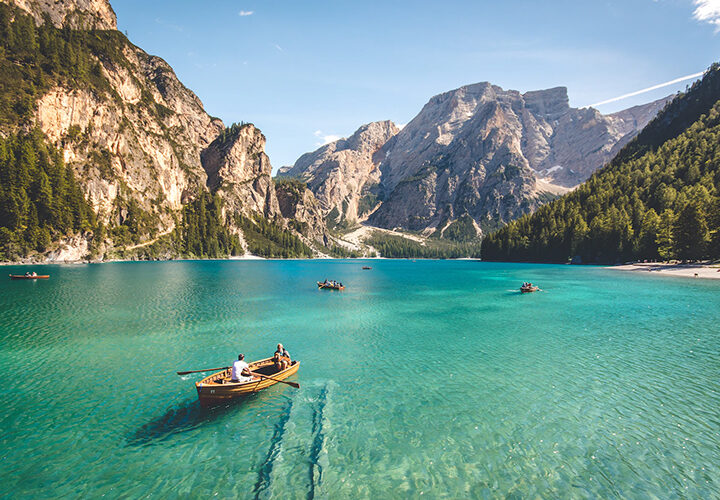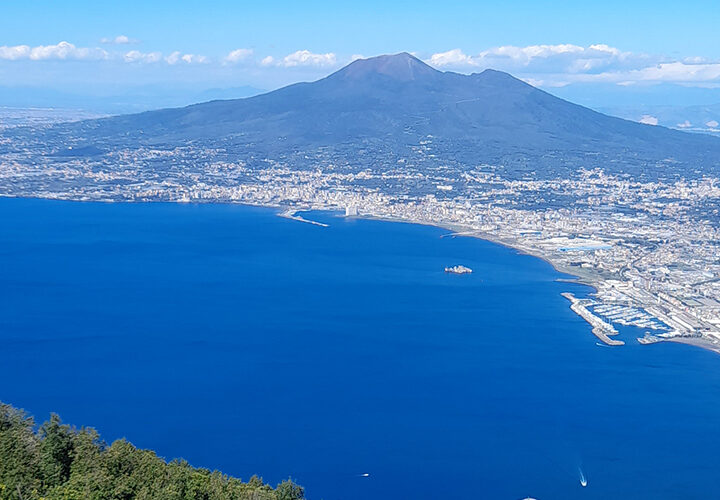Becoming a Seasonaire – Winter in the Mountains
Living in the mountains for 5 months and skiing or snowboarding every day sounds absolutely perfect. But be warned: winter seasons can also be incredibly addictive. In total I have worked 10 winters in the French Alps – mostly in Meribel and around The Three Valleys. The riding was incredible and had everything you could possibly want: from motorway pistes and interesting runs around Courchevel, to the snow parks and undulating terrain of Meribel. Furthermore, Val Thornes is higher offering fantastic snow until late in the season with plenty of hiking and off piste.
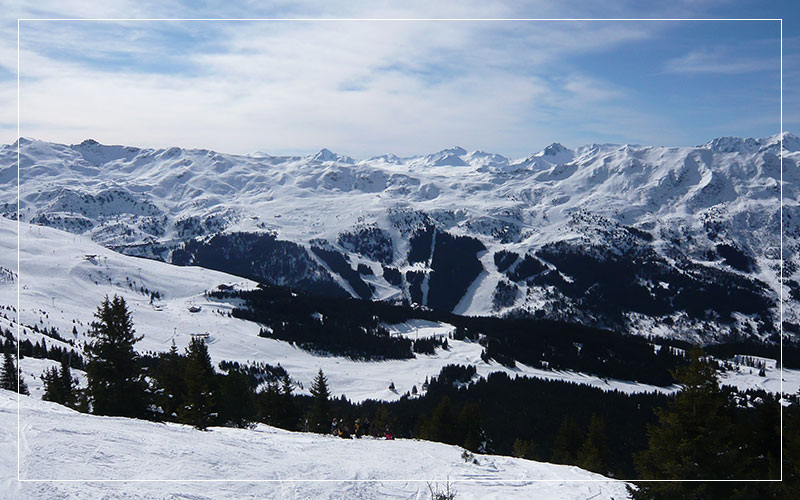
There’s nothing better than meeting your friends on a bluebird morning and setting out together on a day of adventure. Of course, we would be trying to improve our skills, but riding down the piste with a group of friends is one of the most incredible feelings in the world.
I will always remember the magical times strapped into my board at the top of the mountain looking out over the most incredible views. I was filled with a sense of excitement for the fun fuelled intoxicating few minutes to come. There is nothing I have found in life to match it.
Taking the last lift of the day to the top and sitting for a moment, watching skiers and snowboarders dribble down the mountains runs always provided me with a sense peace and freedom – a time to enjoy the natural world and appreciate its wonder.
Why should I work a winter season?
There are many reasons to consider working a ski or snowboard season and here are just a few:
Live in one of the most beautiful environments on earth. The freedom and escape you feel is incredible and having the opportunity to ski or snowboard each day is an absolute privilege.
Meeting like-minded people. Most who decide to work a winter season share a passion for the mountains or a love for extreme sports. It’s an instant and authentic connection. Seasonaires form strong bonds as it is normal to see people every day, which speeds up relationship development.
New skills and time management. Obviously improving your skiing and snowboarding ability, but also working with people, taking on responsibility, balancing work life with mountain time and socialising.
Meet the public. Whether taking a job with a chalet company or working in a bar or restaurant, most seasonaires will be mixing with the general public. As we move into a world where less face-to-face contact is becoming the new normal, taking an opportunity to work in a public facing business can be extremely beneficial for personal development.
Skiing and snowboarding are expensive hobbies. Working the season is a way people can spend a significant amount of time in expensive resorts, earning a little money whilst spending some time doing what they love.
What else should I know?
any tips?
Equipment checks
If you are working the season and planning on spending a large amount of your free time on the mountain, make sure you are fully kitted out. Buy a board or skis that you are going to grow into, as you will be riding every day and likely outgrow your beginner set in a few weeks.
Make sure all your gear is fully waterproof. There is nothing worse than wet gloves when the sun has gone down as they turn to ice very quickly. Use the right lenses in your goggles and make sure they are good quality as when the sun reflects off the snow it can be blinding. On the other hand, for dull weather whiteout lenses are important, as they offer far more definition so that you won’t encounter any surprises.
Take a bar of chocolate and sun cream with you for the day. These are important items and easy to pop in your pocket. It’s easy to get burnt as the sun’s reflection off the snow intensifies its power. Running out of energy far from home or a restaurant can be dangerous, sometimes you may need a little energy boost.
After the lifts close
Falling temperatures after dark can pose a threat, especially if you have enjoyed Apres Ski and feel a little intoxicated. Your body may not feel the effects of the cold, but it will still experience them. After dark routes can look very different and it’s very easy to become disorientated.
More into free-riding and off piste
If you are more into off-piste then the risks are different. Make sure you are with people you trust and who are experienced. Understand the snow conditions in the lead up to the days you plan to hike and always make sure you have the correct equipment with you. Never try to hike alone. Here are several useful links on ensuring your safety when off-piste.
elementconcept.com/how-to-approach-off-piste-skiing/
snowmagazine.com/backcountry-safety-tips-how-to-stay-safe-off-piste
If snow parks are your thing
Always follow the park etiquette. Nothing annoys the park locals more than people who ride into the park and stop at the top of a jump. Make sure you know when the park team are working as they are there for your safety. Furthermore, check you have the correct insurance that covers you riding the snow park.
Mountain safety
It is worth reading and understanding as much as you can about the environmental hazards, as well as learning about the mountains in relation to your interests. Here are a few useful links:
skiclub.co.uk/before-you-go/on-piste-safety
Whether you choose to work a winter season or just enjoy a weeklong holiday, the benefits speak for themselves. Although as always, please consider your safety. The mountains are an incredibly beautiful but dangerous place to be – mother nature is always in control and she should be respected at all times.
Written by Richard Stuttle
